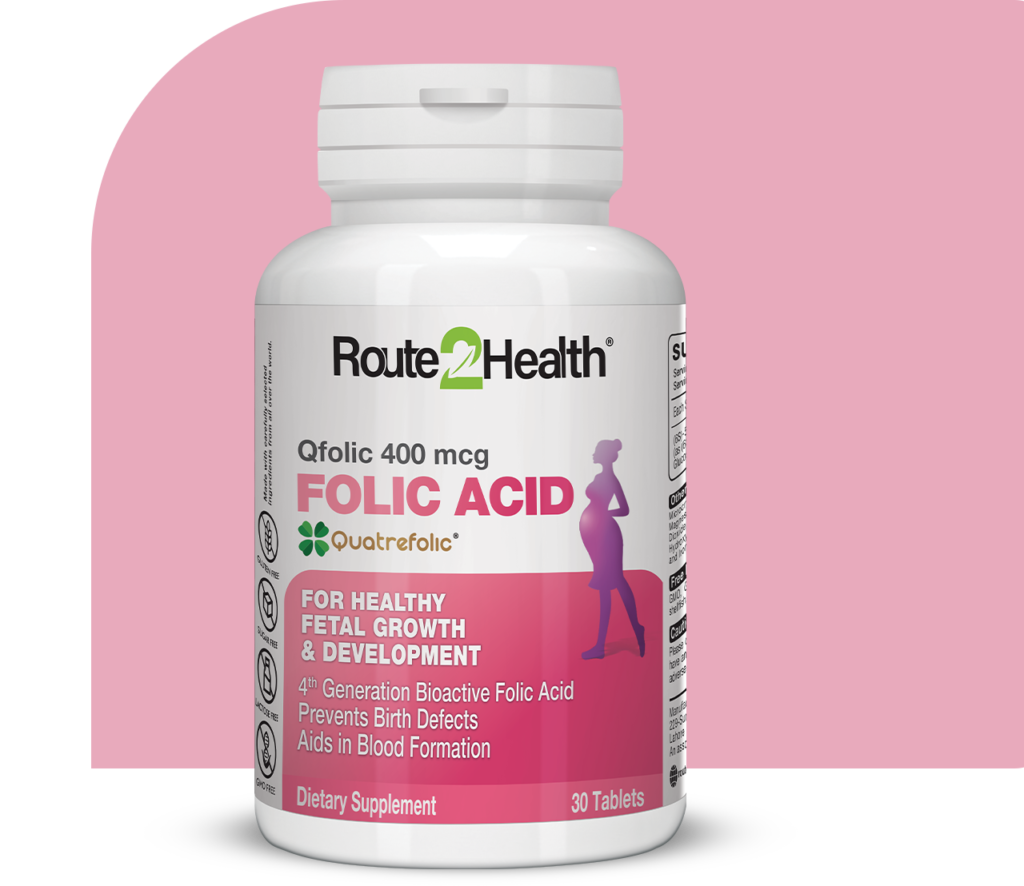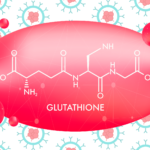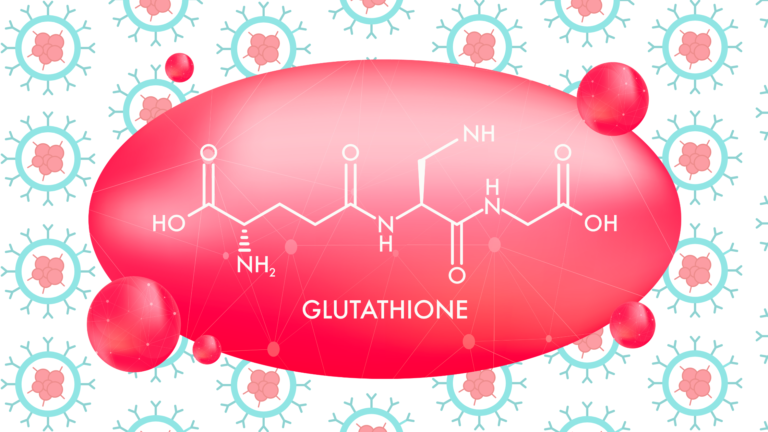
Berdi
urinary Track Health
Pregnancy is a miraculous journey marked by excitement, anticipation, and a myriad of preparations. Mothers-to-be are ready to do anything and everything to ensure their baby’s health and safety. One such measure that all mothers should take is to get enough folic acid.
In the realm of prenatal care, one essential component often takes centre stage – Folic Acid. In the intricate tapestry of pregnancy, the role of Folic Acid stands out as a crucial factor in reducing the risk of birth defects. This article delves deep into the role of Folic Acid, providing a comprehensive guide for expectant mothers.
Folic Acid, a synthetic form of Vitamin B9, is renowned for its ability to support cell division and growth. Folic Acid, a water-soluble B vitamin, is crucial during early pregnancy. It is renowned for its ability to aid in the formation of the neural tube, a critical part of the developing fetus that eventually becomes the baby’s brain and spinal cord. The significance of this process cannot be overstated, as any irregularities during neural tube formation can lead to severe birth defects.
Folic acid is a crucial B vitamin that plays a pivotal role in preventing neural tube defects (NTDs) during pregnancy. The neural tube is the embryonic structure that eventually develops into the brain and spinal cord. NTDs, such as spina bifida and anencephaly, occur when the neural tube fails to close properly during early fetal development.
The primary mechanism by which folic acid helps prevent NTDs is through its involvement in DNA synthesis and repair. Folic acid is a precursor to tetrahydrofolate, which is essential for the synthesis of nucleotides, the building blocks of DNA. Adequate levels of folic acid support proper cell division and tissue formation, particularly during the rapid cell proliferation that occurs in the developing neural tube.
Research has consistently demonstrated the importance of folic acid supplementation in reducing the risk of NTDs. A landmark study in the Lancet shows a significant reduction in the incidence of NTDs in pregnancies where women take folic acid supplements. There is strong evidence supporting the protective effect of folic acid against NTDs.
Furthermore, the Centers for Disease Control and Prevention (CDC) and the U.S. Preventive Services Task Force (USPSTF) recommend that all women of childbearing age consume 400 micrograms of folic acid daily, either through fortified foods or supplements to reduce the risk of NTDs.
In conclusion, folic acid’s importance in preventing neural tube defects during pregnancy is attributed to its role in DNA synthesis and repair.

Folic acid has been associated with a potential role in reducing the risk of congenital heart defects (CHDs) during pregnancy. The exact role of folic acid is not understood, but it is believed to be linked to folic acid’s involvement in one-carbon metabolism and its impact on DNA synthesis and methylation.
Folic acid is a crucial cofactor in one-carbon metabolism. One-carbon units are essential for various cellular processes, including DNA synthesis, repair, and methylation. DNA methylation is particularly important during embryonic development as it influences gene expression patterns.
Some research suggests that folic acid may contribute to preventing heart defects by influencing the methylation of genes involved in cardiac development. Disruptions in DNA methylation patterns could potentially lead to structural abnormalities in the heart. Additionally, folic acid helps regulate homocysteine levels, and elevated homocysteine has been associated with an increased risk of cardiovascular issues, including heart defects.
It’s essential to note that while evidence supports a potential association, more research is needed to fully elucidate the specific mechanisms and establish clear causation. Nevertheless, maintaining adequate folic acid levels through supplementation or dietary intake is widely recommended for pregnant women to support overall fetal development and potentially reduce the risk of congenital heart defects.

Folic acid has been associated with a reduced risk of various birth defects beyond neural tube defects and congenital heart defects. The protective effect is thought to be linked to its role in DNA synthesis, repair, and methylation, influencing embryonic development.
Folic acid supplementation has been associated with a reduced risk of orofacial clefts, such as cleft lip and cleft palate, which are common birth defects.

In conclusion, the role of folic acid in reducing birth defects cannot be overstated. From the early stages of pregnancy to ongoing research, this article has explored the multifaceted aspects of folic acid’s impact on maternal and child health. Proactive adoption of folic acid practices is a small yet powerful step towards a healthier and safer prenatal journey.
You can get the recommended amount of folic acid through Route2Health’s Q-Folic, which contains an active form of folic acid that is better than the previous generations. It promises superior absorption, higher bioavailability, & better utilisation.
Begin folic acid intake at least one month before conception for optimal benefits.
While a balanced diet is essential, supplements are recommended for pregnant women to ensure adequate intake.
While it significantly reduces the risk, it cannot guarantee complete prevention, emphasising the need for holistic prenatal care.
Excessive folic acid intake may mask vitamin B12 deficiency symptoms and has been associated with a potential increased risk of certain cancers. It’s crucial to adhere to recommended daily limits (400-1,000 micrograms).
No, folic acid is not only for expectant mothers. It plays a key role in the synthesis and repair of DNA, the production of red blood cells, and the overall health of the nervous system.











©2023 Route2Health®️
NTN: 2229383
AN ASSOCIATED COMPANY OF HIGHNOON LABORATORIES
STRN: 0301999937728

WhatsApp us
